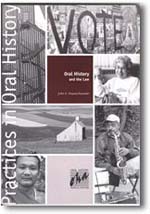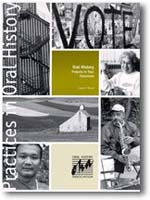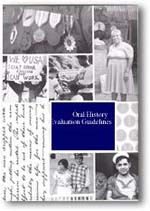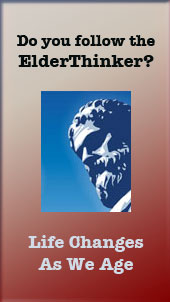Recording Family History
Oral Histories Can Strengthen Families
Listening to the older members of your family talk about their lives can be an enriching experience. Taping the experience and taking notes can add treasure to your own life.
My Recording Kit and How I Chose It
Family Oral History Using Digital Tools
Susan A. Kitchens
My audio recording setup was recently featured on the Genealogy Guys podcast, and I’ve long wanted to describe it here. Why haven’t I? In order to follow the course of a story of weighing this or that feature, one must have an understanding of the feature in the first place. So I’ve had to lay some groundwork. >>More

Kodak Zi6 HD
Pocket Video Camera
Step-by-Step Oral History Guide
DoHistory.org | Judith Moyer
We all have stories to tell, stories we have lived from the inside out. We give our experiences an order. We organize the memories of our lives into stories.
Oral history listens to these stories. Oral history is the systematic collection of living people’s testimony about their own experiences. Historians have finally recognized that the everyday memories of everyday people, not just the rich and famous, have historical importance. If we do not collect and preserve those memories, those stories, then one day they will disappear forever. >>More
The Interview
Smithsonian Folklife and Oral History Interview Guide
The memories, stories, and traditions of the people you interview grow out of firsthand knowledge and experience. Created and shaped in community life, they are continually being adapted and changed to meet new circumstances and needs. When interviewing members of your family or local community, be sure to seek out not only what they can tell you about the past, but what they can tell you about life in the present. How have certain family traditions evolved? What holiday customs are practiced today that weren't a generation ago? What special foodways and rituals are part of community celebrations and why? What skills and abilities are needed to practice a particular craft or trade? How are these skills learned, mastered, and passed on to younger generations?
Whenever possible, ask the tradition-bearer you are interviewing for stories and anecdotes about the topic you are interested in. Stories are important sources of information for the community researcher — they encapsulate attitudes and beliefs, wisdom and knowledge that lie at the heart of a person's identity and experience. >>More





